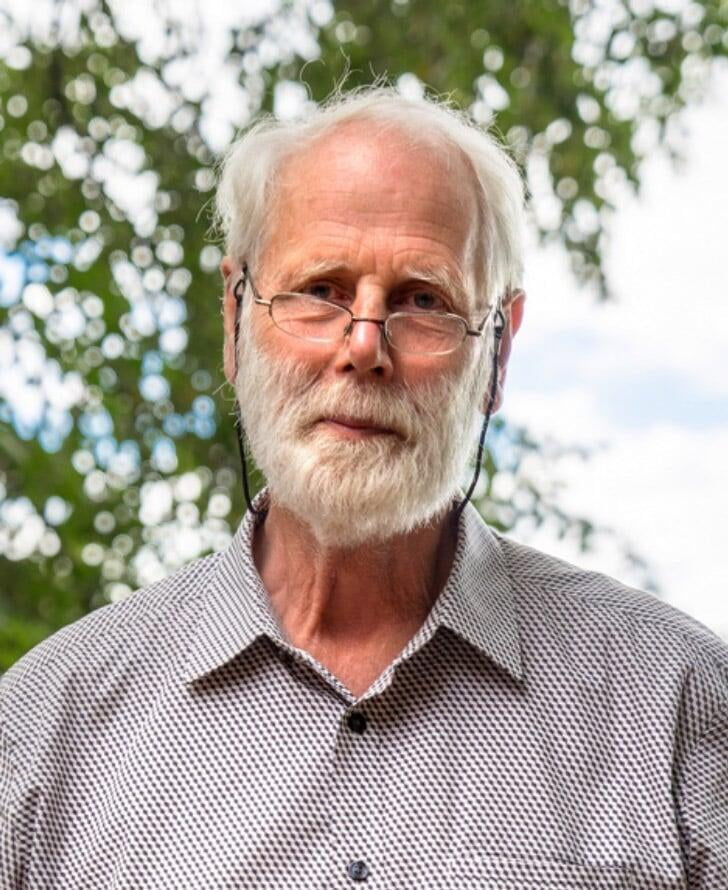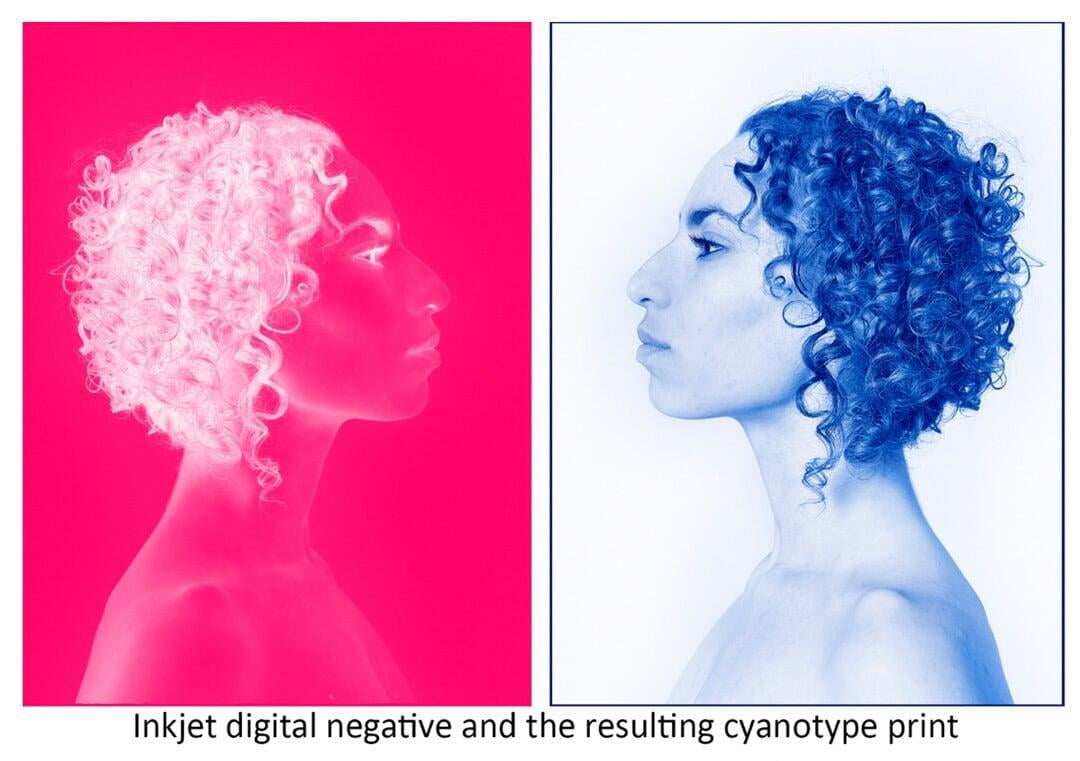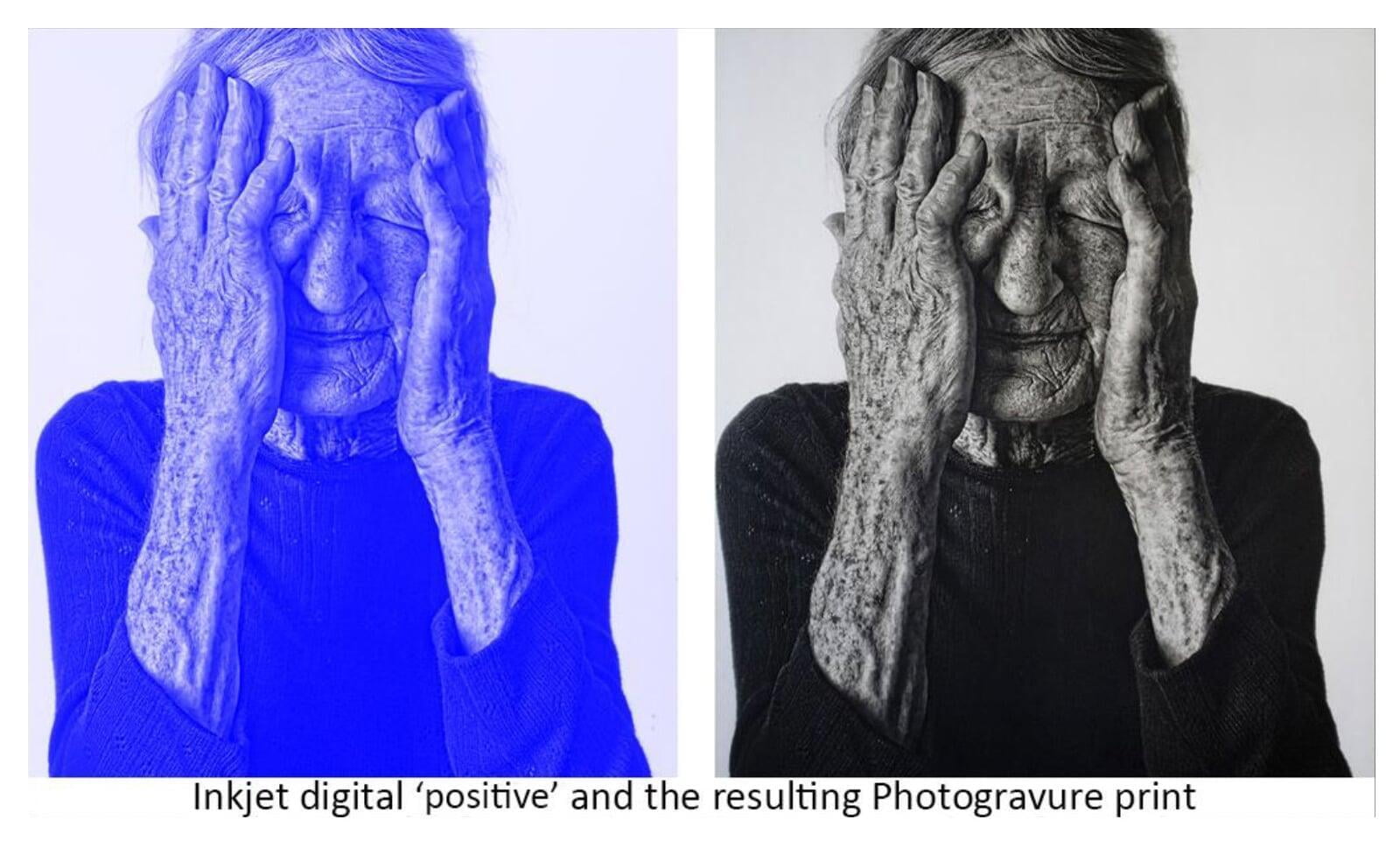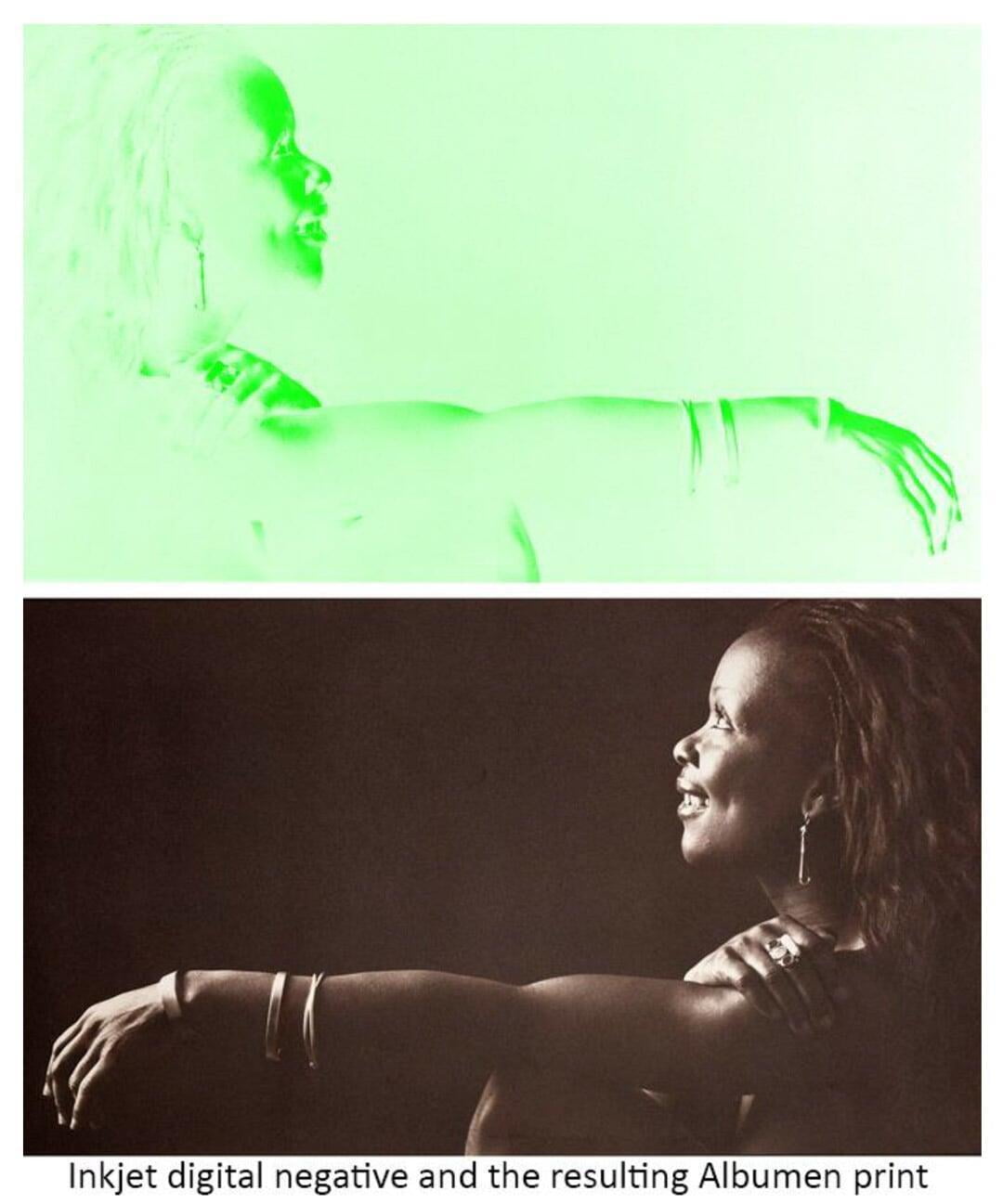Alternative Process Printing Courses with Dr Peter Moseley
The Camera Club is honoured to present a series of exclusive workshops featuring Dr Peter Moseley, one of the UK's foremost experts in early contact-printing processes.
The Alternative Print Processes course, scheduled from June to July, delves into various printing techniques, including Cyanotype, Platinum/Palladium, Salt & Albumen, and Photogravure.
With only five tickets available per session, these workshops are expected to sell out rapidly. As the course is unlikely to be offered again in the near future, we encourage you to secure your tickets promptly to avoid disappointment.
The four exclusive courses we have available are:
Introduction to Cyanotype printing: 3rd June - BOOKING CLOSED
Photogravure Workshop: 17th June - SOLD OUT
Platinum/Palladium Printing workshop: 1st July - SOLD OUT
Salt & Albumen Printing workshop: 15th July - SOLD OUT
Platinum/Palladium Printing workshop: 23rd July - SOLD OUT
Introduction to Cyanotype printing: 3rd June
This workshop offers an introduction to Cyanotype printing (blueprints). Developed in the early 1840s, it is one of the earliest photographic processes. It was adopted by the first published woman photographer, Anna Atkins, to produce extraordinary books of botanical illustrations (1843).
Most early, and indeed, most modern photographic film processes are based on silver compounds. The cyanotype process, though, is based on iron chemicals that break down on exposure to light and form the extremely strong colour ‘Prussian Blue’ (ferric ferrocyanide).
The workshop will take participants through the complete process of preparing the sensitising solutions and coating paper (or fabric), preparing inkjet digital negatives, exposing the paper/negative and then washing and drying the print. If desired, the final image can be ‘toned’ to a softer blue, or purple, grey or brown image, depending on the photographer’s tastes.
Participants will be asked to provide three or four digital images in advance in order for some of the digital negatives to be pre-prepared, or bring their own film negatives (not larger than 5x7). All other materials and equipment will be provided.
Cyanotype Printing: Saturday 3rd June 10:00am - 4:30pm - £55 - Click to buy
Photogravure Workshop: 17th June
This workshop offers an introduction to Photogravure printing (etching). The process was developed in the 1870s and quickly became famous for the beauty and quality of its intaglio prints. In outline, the process involves etching a photographic (or drawn) image into a plate which is then inked and put through the high-pressure rollers of an intaglio etching press sandwiched with handmade or art paper. Prints can be produced using etching inks of any colour and can be printed onto fabrics. Using two, or more, carefully registered plates duotone or full-colour prints can be printed.
Originally the process involved acid etching the image into a metal plate. However, modern techniques using photopolymer plates are somewhat more easily managed – the plates can be etched using water and, unlike copper plates, can be printed multiple times.
Participants will be asked to provide three or four digital images 2 weeks in advance in order for some of the inkjet ‘positives’ and plates to be pre-prepared. All other materials and equipment will be provided.
Photogravure: Saturday 17th June 10:00am - 4:30pm- £70 - Click to buy
Platinum/Palladium Printing workshop: 1st July
Platinum/palladium printing is the aristocracy of the early photographic processes. The image is composed of very finely divided platinum and palladium metals that are more stable and longer-lasting than silver-based prints. As with the other ‘alternative’ printing processes, paper is coated with special solutions and, when dry, is exposed under a negative to the sun or sun lamp, the ultraviolet rays are the key here, before being processed.
Developed first in the 1860s and 1870s, the technique became very popular with fine art printers because of its very delicate highlights and mid-tones and was used extensively until platinum prices rose dramatically during the First World War made the process too expensive.
This Workshop offers a hands-on opportunity to explore this classic printing technique. No prior experience is necessary. Participants will be taken through the complete process of preparing the sensitising solutions and coating paper (or fabric), preparing inkjet digital negatives, exposing the paper/negative and then washing and drying the print.
Participants will be asked to provide three or four digital images 2 weeks in advance in order for some of the digital negatives to be pre-prepared, or bring their own ‘strong’ film negatives (not larger than 5x7, not smaller than medium format). All other materials and equipment will be provided.
Platinum/Palladium: Saturday 1st July 10:00am - 4:30pm - £70 - Click to buy
Salt & Albumen Printing workshop:15th July
Salt printing was the earliest negative/positive photographic technique to be invented, it dates from the 1830s and makes beautiful prints. The colour varies according to how the print is made but commonly is a rich brown/purple – sometimes described as sepia. The prints are made by coating good quality paper with solutions of salt and silver nitrate. The paper is then exposed, under a negative, to the sun, or more usually a sun lamp of some description, and developed by washing in water. Prints can be given a gloss or semi-gloss sheen by the use of salted egg whites (albumen) in the coating.
This Workshop offers a hands-on opportunity to explore this classic printing technique. No prior experience is necessary. Participants will be taken through the complete process of preparing the sensitising solutions and coating paper, preparing inkjet digital negatives, exposing the paper/negative and then washing and drying the print.
Participants will be asked to provide three or four digital images in advance in order for some of the digital negatives to be pre-prepared, or bring their own ‘strong’ film negatives (not larger than 5x7, not smaller than medium format). All other materials and equipment will be provided.
Salt & Albumen: Saturday 15th July 10:00am - 4:30pm - £55 - Click to buy
About the Workshop Tutor

Peter Moseley is an experienced photographer and printmaker using the techniques and processes of the nineteenth century, including photogravure, platinum, salt and albumen, carbon transfer, kallitype and cyanotype printing.
He specialises in combining digital and analogue technologies and has had exhibition entries shown at national and regional galleries, including the National Portrait Gallery, the Royal Society of Printmakers Painters, the Royal Birmingham Society of Artists and the Royal West of England Academy.
Peter is an experienced and qualified teacher and has taught photography/ printmaking workshops at universities, colleges and print centres in the UK, Russia and China. He has workshops, print-making and teaching facilities in Kingston.



